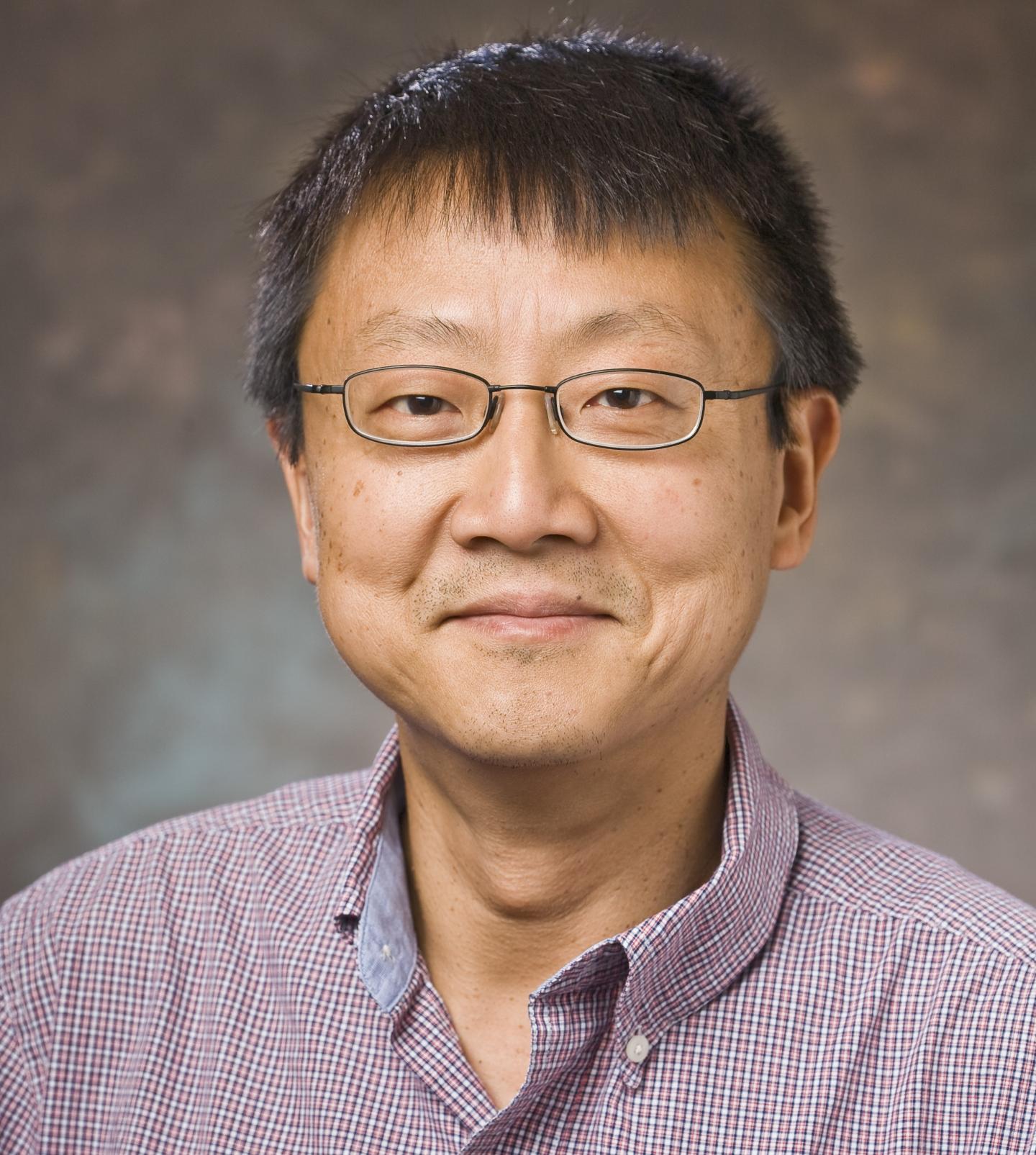UT Health San Antonio leads consortium examining loss of DNA repair

Credit: UT Health San Antonio
Women who inherit harmful mutations in the BRCA1 or BRCA2 gene are at high risk of developing breast and ovarian cancer. According to a recent large study, women who inherit BRCA mutations are about six times more likely to develop breast cancer during their lives than women in the general population. (Source: National Cancer Institute)
“We are talking about many millions of people being affected by mutations in BRCA1 and BRCA2 genes, so this is a really big deal,” said Patrick Sung, D.Phil., of UT Health San Antonio. He is principal investigator of a $3.75 million, four-year “team science” grant announced today [July 23] by the Gray Foundation of New York. The goal is to further study how inactivation of BRCA1 or BRCA2, along with other anomalies, leads to breast, ovarian and other cancers. UT Health San Antonio is the lead in a collaboration with teams at the University of Pennsylvania and the Dana-Farber Cancer Institute in Boston.
“BRCA1 and BRCA2 promote tumor suppression,” said Dr. Sung, holder of the Robert A. Welch Distinguished Chair in Biochemistry at UT Health San Antonio. “These genes help orchestrate the removal of potentially harmful lesions from DNA. As such, BRCA mutations compromise the integrity of our genetic blueprint, resulting in malignant transformation of cells in the breast and ovary to cause cancer.”
Life’s essential code is under continuous stress
DNA, short for deoxyribonucleic acid, is the double-stranded molecule in our cells that contains the genetically encoded instructions necessary to make proteins to carry out life’s functions. DNA is under constant threat from stresses such as cell division errors and environmental insults.
Dr. Sung, recruited to the Department of Biochemistry and Structural Biology at UT Health San Antonio from Yale in early 2019, is a leading researcher in BRCA1 and BRCA2, particularly focusing on the genes’ role in DNA repair. Recognizing his stature in the field, the Cancer Prevention and Research Institute of Texas (CPRIT) awarded $6 million to UT Health San Antonio to support his recruitment.
The Gray Foundation funds only BRCA work, basic or translational. The team science grant will also enable the collaborators to study the activation of BRCA-independent DNA repair, and how the acquisition of secondary mutations in regulators of BRCA-dependent DNA repair lead to cancer.
A foundation for developing improved therapies
“The knowledge garnered from our endeavors will endow medical practitioners with the wherewithal to counsel women regarding cancer risk, to predict the durability of drug efficacy and to explain how drug resistance arises,” Dr. Sung said.
“Importantly, the results from our project will provide the foundation for the development of improved cancer treatment regimens and cancer drugs.”
About 12% of women in the general population will develop breast cancer at some point in their lives. A recent large study suggested that about 72% of women who inherit a harmful BRCA1 mutation, and about 69% who inherit a BRCA2 mutation, will develop breast cancer by age 80. (Source: National Cancer Institute). Ovarian cancer follows a similar pattern, with 1.3% of women in the general population estimated to develop ovarian cancer. Again, BRCA1 mutations greatly increase this risk, with 44% of women who inherit BRCA1 mutations and 17% with BRCA2 mutations predicted to develop ovarian cancer by age 80.
Actresses Angelina Jolie and Christina Applegate are among the celebrities who have gone public to help other women understand BRCA-related cancer risk.
###
Stay connected with UT Health San Antonio on Facebook, Twitter, LinkedIn, Instagram and YouTube.
The University of Texas Health Science Center at San Antonio, now called UT Health San Antonio®, is one of the country’s leading health sciences universities. With missions of teaching, research, healing and community engagement, its schools of medicine, nursing, dentistry, health professions and graduate biomedical sciences have produced 36,500 alumni who are leading change, advancing their fields and renewing hope for patients and their families throughout South Texas and the world. To learn about the many ways “We make lives better®,” visit www.uthscsa.edu.
Media Contact
Will Sansom
[email protected]
Original Source
https:/




